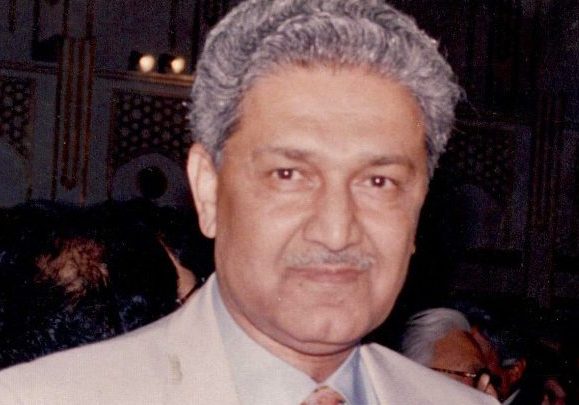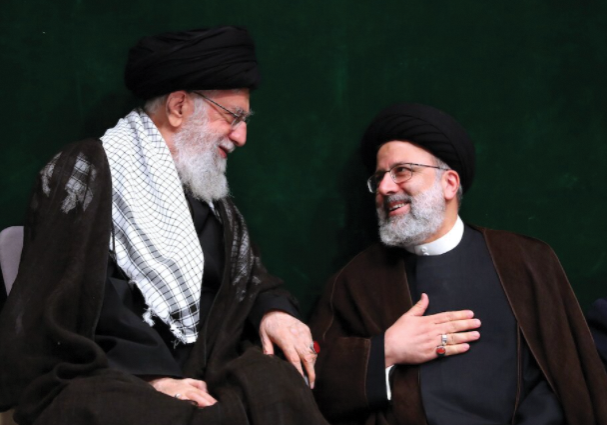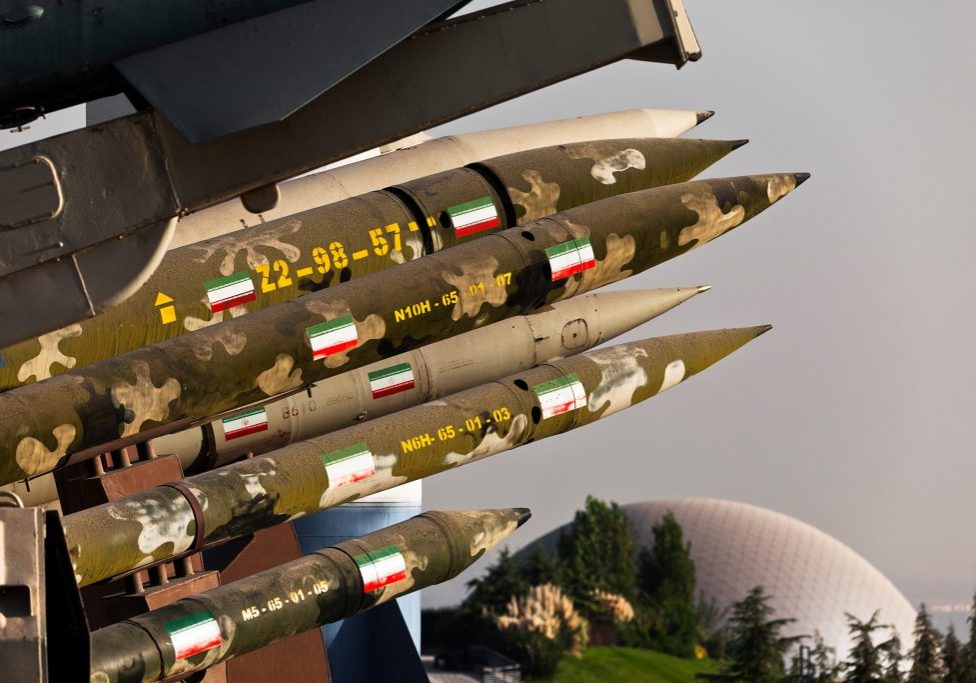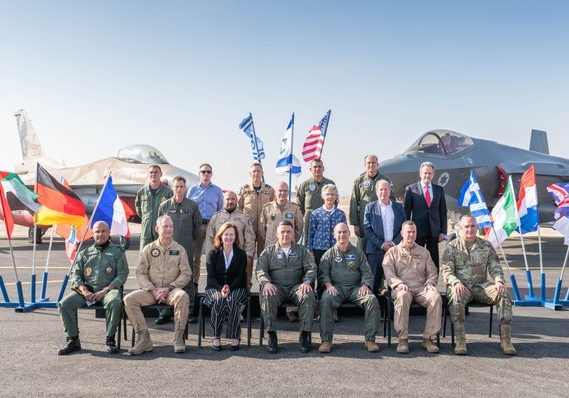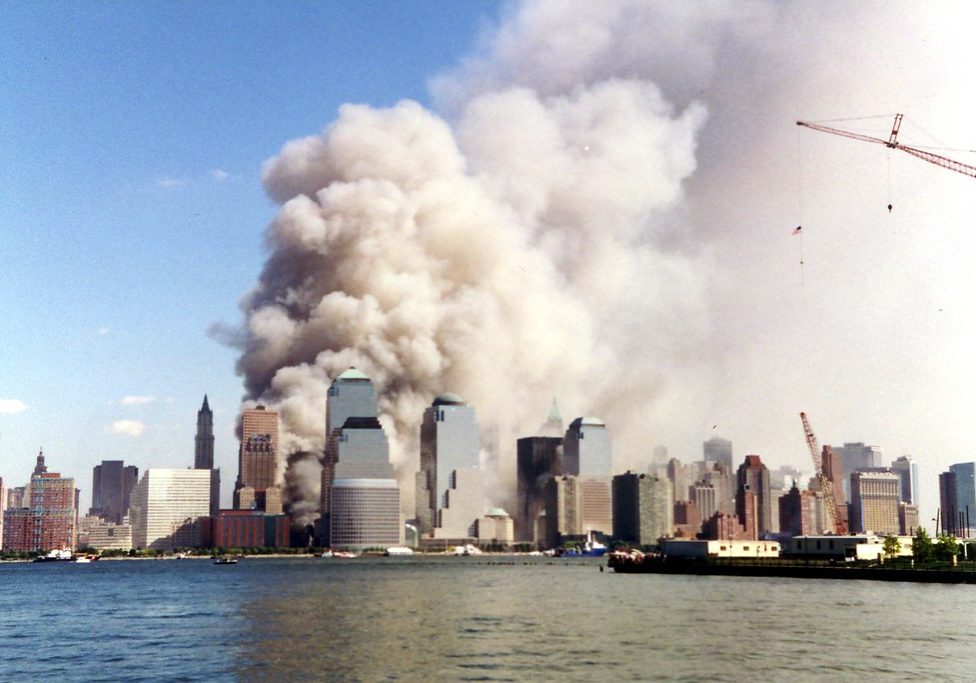Australia/Israel Review
Dead Parrot
Jun 1, 2005 | External author
Monty Python and a nuclear Iran
By Barry Rubin
The negotiations attempting to prevent Iran from developing nuclear weapons are on the verge of collapse. Unless some new pretended arrangement is developed to conceal the fact, it should soon be clear that nothing stands between Teheran and the possession of atomic bombs except the final stages of technical development.
In one of Monty Python’s best routines, a man goes into a pet store to buy a parrot. The bird is obviously dead, but the store owner insists there is nothing wrong with it. No matter how the customer proves otherwise, the store owner has an answer to deny the easily demonstrable truth.
The Middle East is full of parallels to this skit, dead-parrot situations in which denying the obvious wins the day through sheer persistence and readiness to lie: Yasser Arafat really wanted peace, terrorism does not actually exist, the Arab-Israel conflict is the region’s most important issue, Saddam Hussein was an Arab hero, democracies can make deals with radical Islamists. Denying (or apologising for) Iran’s drive to obtain nuclear weapons is one of the most outstanding “dead parrots” on the international agenda.
Another Middle East pattern also fits Iran’s behaviour here: demanding concessions and hinting that they will elicit a compromise solution. But when the democratic counterpart — the West or Israel — gives up on most or all points, the other side — an Arab dictatorship, radical movement, or Iran — then ridicules the concession, fails to implement its own promises and insists on getting more.
The recent history of Iran’s nuclear program combines these two features. First, the arguments “proving” Iran is not seeking nuclear weapons. (But it is doubtful that one of the world’s main oil-producing countries believes it needs nuclear energy when this mode of power generation has been a costly, dangerous failure. Nor has Iran spent so much to develop long-range missiles capable of carrying nuclear weapons to distant targets in order to build an overnight mail delivery service to compete with Federal Express.) The first fallback argument is that Iran needs nuclear weapons because it is surrounded by enemies — neglecting the fact that Iran would have few enemies (the worst, Saddam Hussein, is now an imprisoned ex-dictator) if it was not the world’s main supporter of terrorism, subverter of Arab-Israeli peace, and official sponsor of anti-Americanism while sabotaging Iraqi stability and threatening daily to wipe Israel off the map.
The second fallback argument is that Iran has as much right to have nuclear weapons as other states — neglecting the regime’s actual nature, ideology and aggressive ambitions. If Iran had a democratic, moderate regime it would probably not be seeking nuclear weapons; and if it was, few would object.
It is quite true that Israeli analysts and officials doubt Iran would immediately use nuclear weapons against Israel. The principal concern is that it could do so whenever it wanted. The fact that much of the Western world is indifferent to that possibility shows how completely the Holocaust has been erased from its mind, even as it is commemorated in formal, sterile ceremonies.
But there are other dangerous implications of Iranian nuclear weapons which should make stopping Teheran’s drive to get them a priority:
They would be far more likely to fall into the hands of terrorists than any other nuclear arms in the world, via carelessness or the intention of even a small group of Iranian government extremists.
They could be used in the likely event of the Iranian regime facing domestic instability or imminent overthrow.
They would give Iran tremendous strategic leverage. Who in the area would say no to a Teheran so armed? A Europe already too quick with appeasement would go even further in that direction, while US ability to act in the region would be greatly reduced. The Gulf Arabs, freed from the menace of Saddam Hussein, would face a possibly even more frightening threat.
Radical movements and terrorists would be inspired to even more recklessness, believing Teheran would back them up; or their enemies be demoralised and the West too afraid to help the intended victims.
Much could be done to stop Iran were Europe to join the US in a serious program of economic and political sanctions combined with tough, credible warnings and real pressure on Russia, China, Pakistan and North Korea to halt any help to Iran. But Europe would not back such measures, fearing confrontation and the loss of both oil imports and profits from trade with Iran. The same applies to any attempt to topple Iran’s regime, which would not work anyway.
Thus, despite all the talk of efforts to stop Iran’s nuclear weapons effort and gossip about someone attacking Iran’s nuclear facilities, it probably won’t happen. Thereafter, the only defence for Iran’s intended targets will be deterrence and hope.
Tags: International Security

